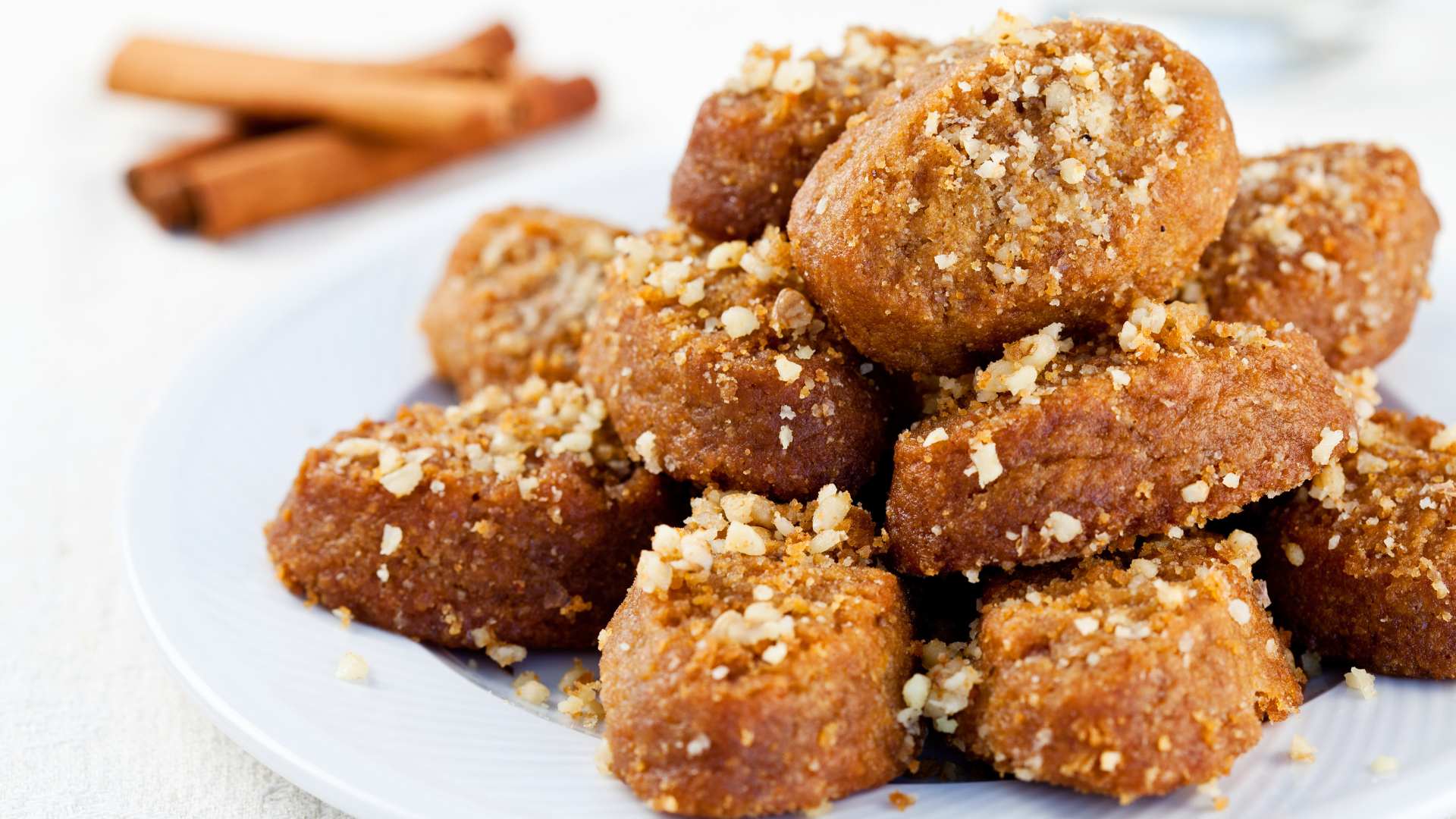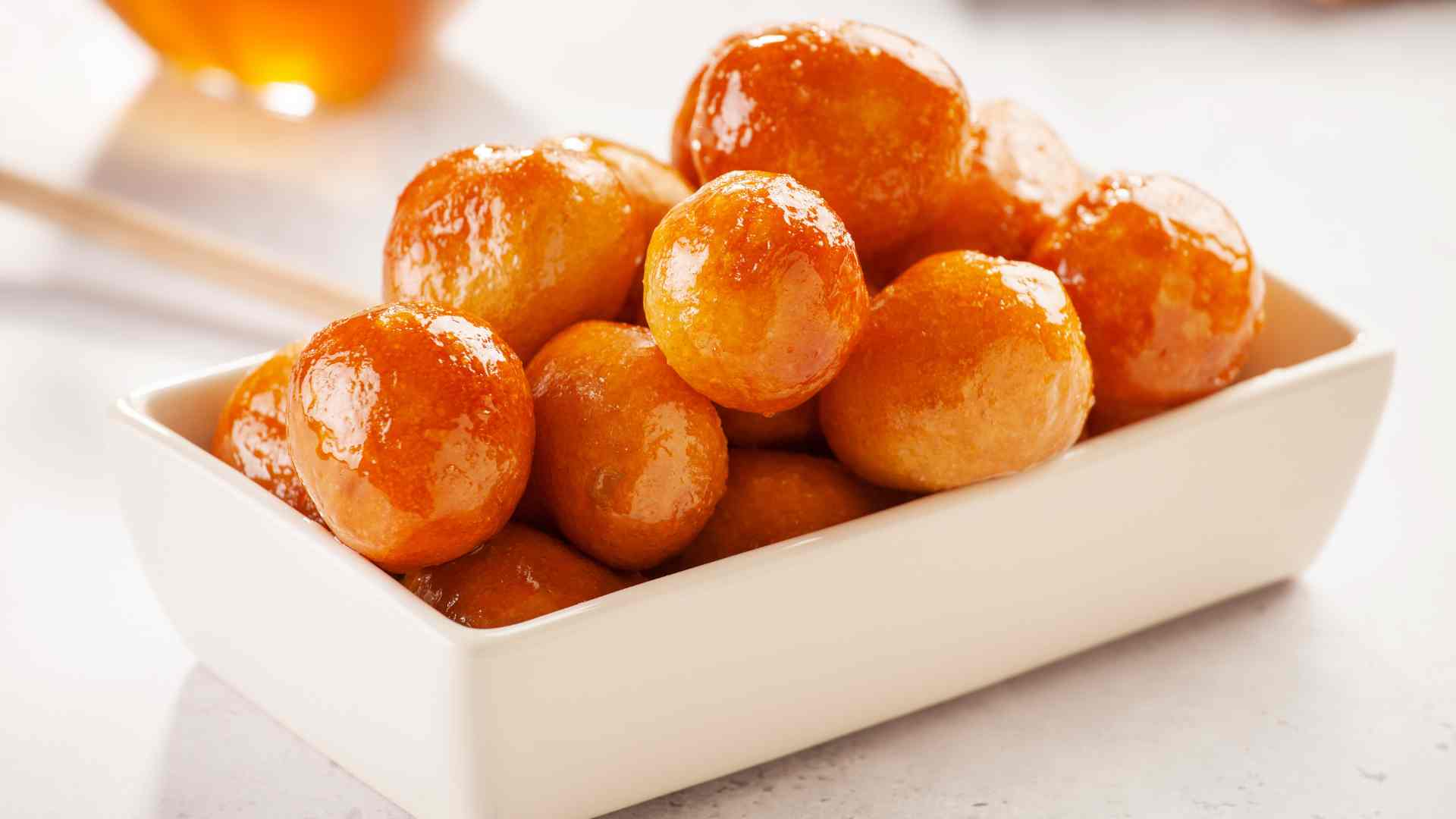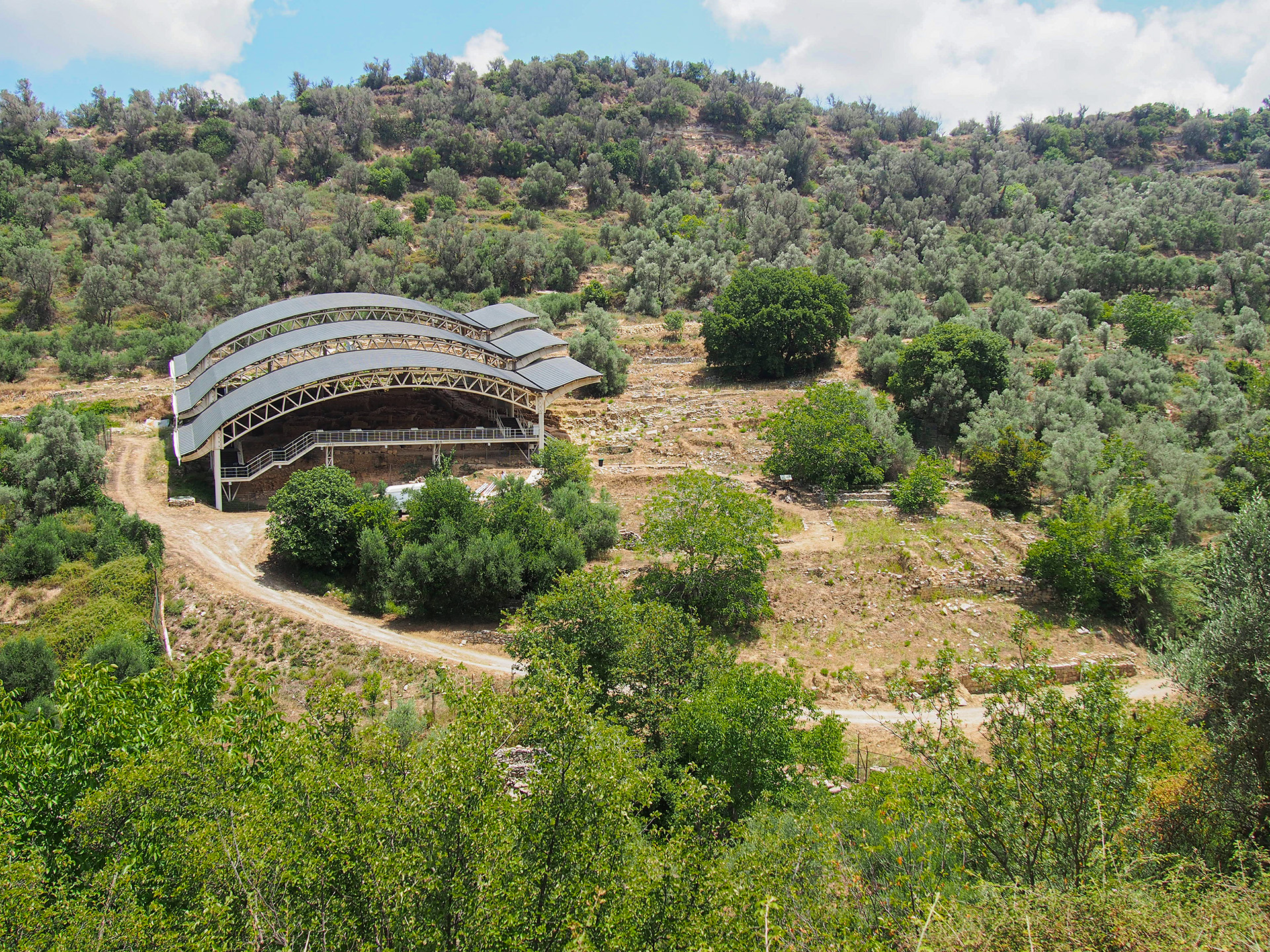Greek and Cretan Christmas Sweets: A Festive Celebration The holiday season in Greece and Crete…

Christmas in Crete: A Unique Blend of Tradition, Spirituality, and Hospitality
A traditional Christmas in Crete combines Christian traditions with unique local customs that reflect the island’s rich cultural heritage. Here’s what makes Christmas in Crete special:
Decorations and Atmosphere
Simple Decorations: Traditional Cretan homes often feature modest decorations, with a focus on handmade items like woven garlands, candles, and olive branches instead of elaborate lights.
Wooden Ship (Karavaki): In many Cretan homes, a decorated wooden boat symbolizes a connection to the sea and the island’s maritime history, instead of or alongside a Christmas tree.
Church and Spiritual Traditions
Advent and Church Services: Christmas in Crete is deeply spiritual, with locals attending church services throughout Advent and on Christmas Eve. The midnight service on Christmas Eve is particularly important.
Kalanda (Carols): Children go door-to-door singing traditional carols (kalanda), accompanied by triangles, and receive small treats, coins, or gifts in return.
Traditional Christmas Foods
Christopsomo (Christ Bread): A special round bread adorned with a cross, made with love and decorated with nuts and raisins, symbolizing blessings for the home.
Sweet Treats: Local sweets like melomakarona (honey-dipped cookies with walnuts), kourabiedes (buttery almond cookies), and xerotigana (fried dough drizzled with honey and sesame seeds) are staples.
Roast Lamb or Goat: Often accompanied by potatoes, local herbs, and Cretan olive oil.
Tsikoudia or Wine: Meals are often paired with the local spirit tsikoudia or home-brewed wine.
Unique Customs
Burning of Olive Branches: Some families burn olive branches in the fireplace to purify the home and bring blessings for the coming year.
Feast of St. Basil (January 1): While December 25 is celebrated as Christmas, New Year’s Day (dedicated to St. Basil) is also significant. Families cut the vasilopita (St. Basil’s cake), hiding a coin inside for good luck.
Hospitality and Community
Open Homes: Cretans are known for their hospitality (philoxenia). During Christmas, families often welcome neighbors and friends to share food and drink.
Traditional Music and Dance: After meals, it’s common for families and villages to gather, play Cretan music with the lyra, and dance traditional dances like the syrtos.
A Blend of Solemnity and Joy
Christmas in Crete is a blend of solemn religious traditions, heartwarming hospitality, and delicious food, offering a deeply meaningful and joyful celebration of the season.



